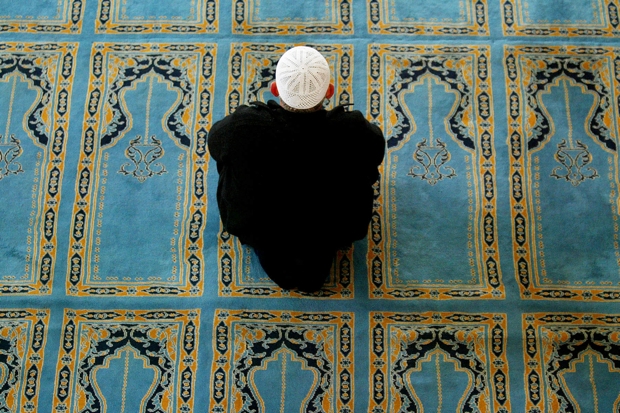Terrorism is a distraction. It’s a distraction from the big question of our day, about Islam and violence. Only a tiny minority of Muslims affirm that sort of violence. A far larger proportion of Muslims condone another, vaguer sort of violence. It is this that we must confront.
I mean the violence of theocracy. Theocracy is the belief that one religion should be absolutely culturally dominant. Of course it thinks that the state should enforce this; if the state fails to do so it loses legitimacy. This theocratic worldview is the underlying cause of Muslim terrorism.
To judge from its founding texts, and its history, Islam is a religion that wants to be very firmly established. It wants to be the official religion of a nation, or empire. It rejects the notion that politics should be conducted without reference to religion, and it rejects the notion that various different religions should be treated equally. To be blunt, it has a very strong theocratic tendency.
You could say the same of Christianity, some will say. No, no, no. Its founding texts explicitly reject the idea of a new political order that the godly must create. They accept the legitimacy of non-Christian rule. But despite these texts, this religion did give rise to various theocratic empires, some will say. Yes, but this was a misreading that the texts gradually eroded. And it was this process of erosion – of moving away from theocracy – that produced political modernity.
So this is the question: can Islam move away from its theocratic tendency? I find this question perplexing, because theory and practice seem at odds. In theory, I find it hard to see how it can, for its foundational logic seems anti-pluralist. But in practice – well, look at Asad Shah, the Glasgow shopkeeper whose messages of inter-faith harmony seemingly got him killed. The vast majority of British Muslims surely see his attitude as admirable, and his killing as abhorrent. So British Islam has largely become post-theocratic.
Calls for Muslims to condemn terrorism more clearly are counter-productive. Of course we condemn it, they say – by questioning this you stigmatise us. But I think that Muslims should be encouraged to condemn the vaguer violence of theocracy, the attitude that wants religious unity and despises pluralism. What is needed is a clear movement of ‘post-theocratic’ Muslims – ‘PT Muslims’ perhaps.
But can such a movement triumph? Won’t more conservative Muslims always have a stronger claim to be representing the authentic tradition? We should be agnostic about this. Religions are capable of developing in surprising ways. For example Roman Catholicism seemed firmly opposed to liberal democracy until the mid twentieth century. Let us hope that Shah’s death sparks new clarity about the reformist process that is already quietly underway.







Comments